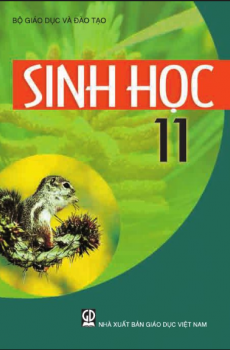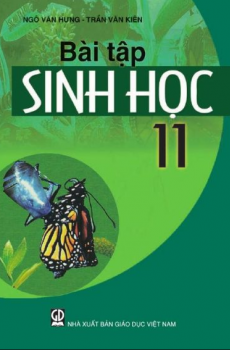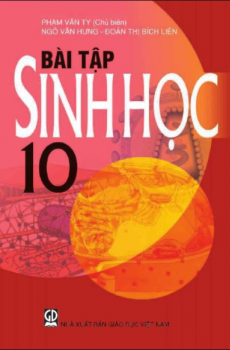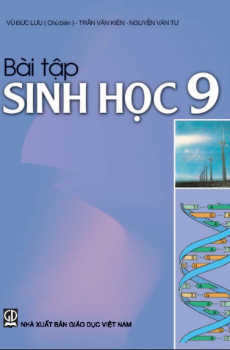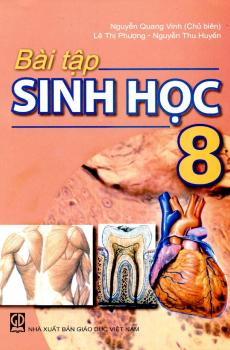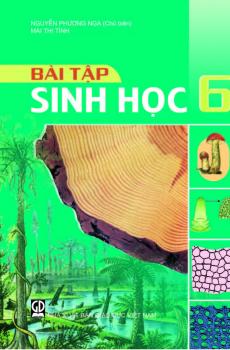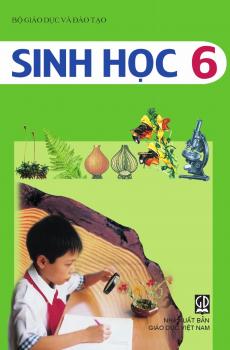Species and Varieties, Their Origin by Mutation
Species and Varieties, Their Origin by Mutation
Đăng nhập để đọc sách và tải về file pdf miễn phí
| Nhà xuất bản | Chưa rõ |
|---|---|
| Nhà xuất bản sách tiếp cận | Public domain |
| Năm xuất bản | 2014 |
| Coppy right | Chưa rõ |
THE purpose of these lectures is to point out the means and methods by which the origin of species and varieties may become an object for experimental inquiry, in the interest of agricultural and horticultural practice as well as in that of general biologic science. Comparative studies have contributed all the evidence hitherto adduced for the support of the Darwinian theory of descent and given us some general ideas about the main lines of the pedigree of the vegetable kingdom, but the way in which one species originates from another has not been adequately explained. The current belief assumes that species are slowly changed into new types. In contradiction to this conception the theory of mutation assumes that new species and varieties are produced from existing forms by sudden leaps. The parent-type itself remains unchanged throughout this process, and may repeatedly give birth to new forms. These may arise simultaneously and in groups or separately at more or less widely distant periods.
The principal features of the theory of mutation have been dealt with at length in my book "Die Mutationstheorie" (Vol. I., 1901, Vol. II., 1903. Leipsic, Veit & Co.), in which I have endeavored to present as completely as possible the detailed evidence obtained from trustworthy historical records, and from my own experimental researches, upon which the theory is based.
The University of California invited me to deliver a series of lectures on this subject, at Berkeley, during the [vii] summer of 1904, and these lectures are offered in this form to a public now thoroughly interested in the progress of modern ideas on evolution. Some of my experiments and pedigree-cultures are described here in a manner similar to that used in the "Mutationstheorie," but partly abridged and partly elaborated, in order to give a clear conception of their extent and scope. New experiments and observations have been added, and a wider choice of the material afforded by the more recent current literature has been made in the interest of a clear representation of the leading ideas, leaving the exact and detailed proofs thereof to the students of the larger book.




